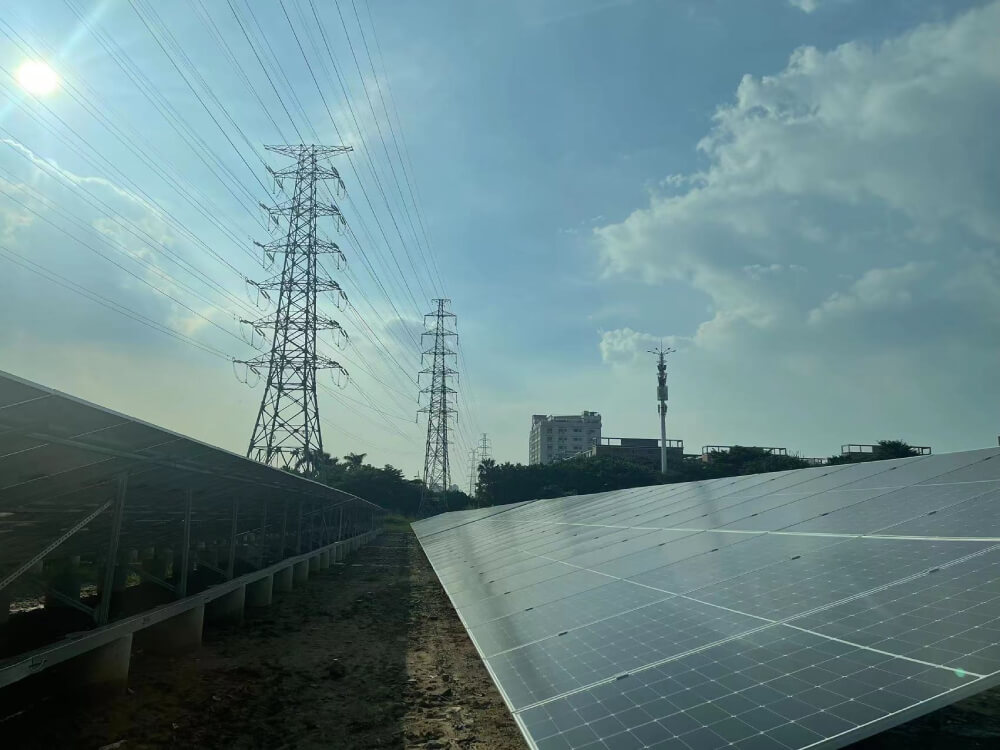Bangladesh requires rooftop photovoltaic systems for large new buildings
 namkoo solar
namkoo solar
Bangladesh has implemented a new regulation requiring new buildings with a roof area of more than 92.2 square metres to install a net-metered solar system as a prerequisite for grid connection.
The Bangladeshi government requires new residential, educational, healthcare, industrial and commercial buildings to install net metering solar systems as a prerequisite for grid integration. As a result, the country's rooftop PV generation is set to increase significantly.

Under the new rules, buildings with a roof area of more than 92.2 square metres must install a net metering solar system. Owners wishing to achieve single-phase grid integration must install net-metered solar systems with a minimum capacity of 1 kW, while those requiring three-phase grid integration must meet the 3 kW capacity requirement. These rules also apply to schools, hospitals and charitable organisations with at least 1,000 square feet of roof area.
The new rules also require commercial and industrial customers with a grid-connected capacity of less than 80 kilowatts to install a rooftop PV system equal to 15 percent of their total load. Customers with a grid-connected capacity between 80 and 500 kW must install a PV system equal to 12 per cent of their load capacity, while customers with a load capacity greater than 500 kW must install a rooftop array equal to 10 per cent of their load capacity.
Existing buildings wishing to increase their grid-connected load capacity will also have to comply with the same requirement by installing additional rooftop solar systems. Dipal C. Barua, former chairman and current advisor of the Bangladesh Solar and Renewable Energy Association (BSREA), told PV Magazine that there is strong support for this new measure.
Rooftop solar systems will now contribute hundreds of megawatts of electricity annually," he said. The mandatory installation of net-metering PV systems is easier to implement for new buildings because they have to comply in order to be connected to the grid."
Barua said that about 40,000 new residential buildings will be constructed in Bangladesh every year, and if an average of one 2-kilowatt system is installed in each building, it could provide about 80 MW of electricity. He also noted that commercial and industrial buildings with higher electricity loads will install larger rooftop solar systems, which will further increase power generation.
Bangladesh's clean energy generation totalled 1,194.63 MW, of which 84.837 MW came from net metering rooftop solar systems and 70.301 MW from non-net metering rooftop PV systems.



































